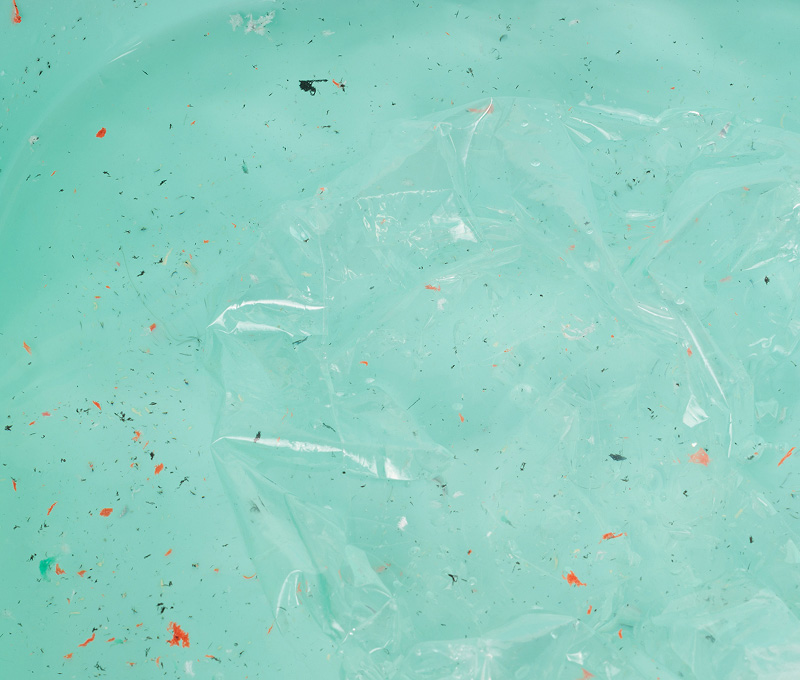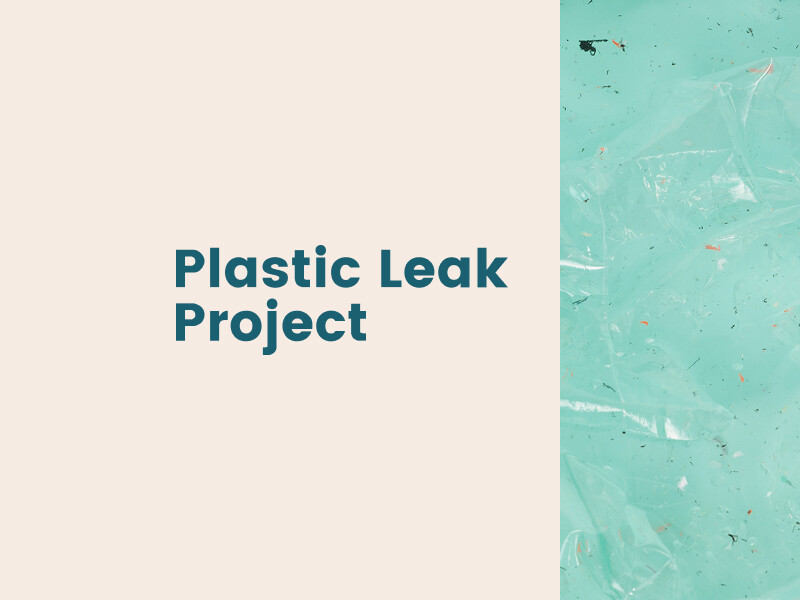The PLP Guidelines shift the plastics conversation from sounding the alarm to driving meaningful change with robust metrics.

Bolster business value with a plastic leakage assessment
As pressure from investors, consumers and governments rise, companies have made bold commitments to tackle plastic pollution in their value chains. Until now, businesses have lacked the tools and metrics to identify where plastic leakage is happening and which actions will be most meaningful.
Thanks to the PLP Guidelines, companies can identify areas of greatest impact and develop targeted strategies that enable them to address these business risks, design better products, innovate supply chain solutions, track progress, communicate credibly on their efforts, and strengthen brand reputation. This assessment is the first step in developing a science-based plastics strategy.
How Quantis can help
For two decades, our dynamic and visionary team has partnered with organizations across the globe to transform their industries and shape a new, planetary economy that aligns business with nature.
We guide industries on the transition from business as usual to business at its best.
-
Minimize risks and build resilience
We help companies make targeted and impactful decisions founded on science.
-
Uncover opportunities for innovation
We help bring companies closer to their sustainability goals and strengthen competitive advantage.
-
Strengthen brand reputation
Demonstrate leadership in tackling plastic pollution.
-
Foster trust and generate buy-in
Cultivate stakeholders through metrics-backed credible communications.
